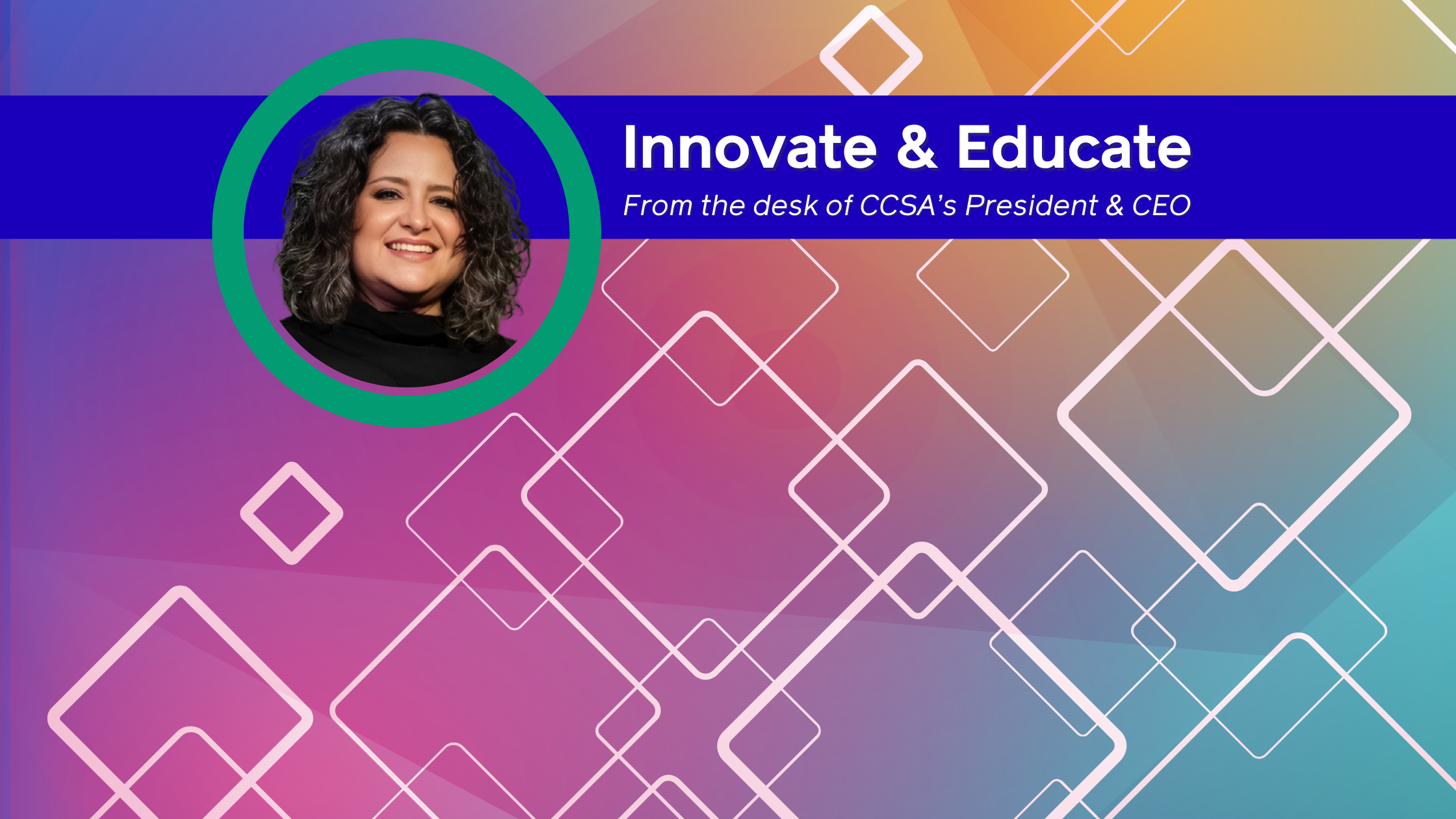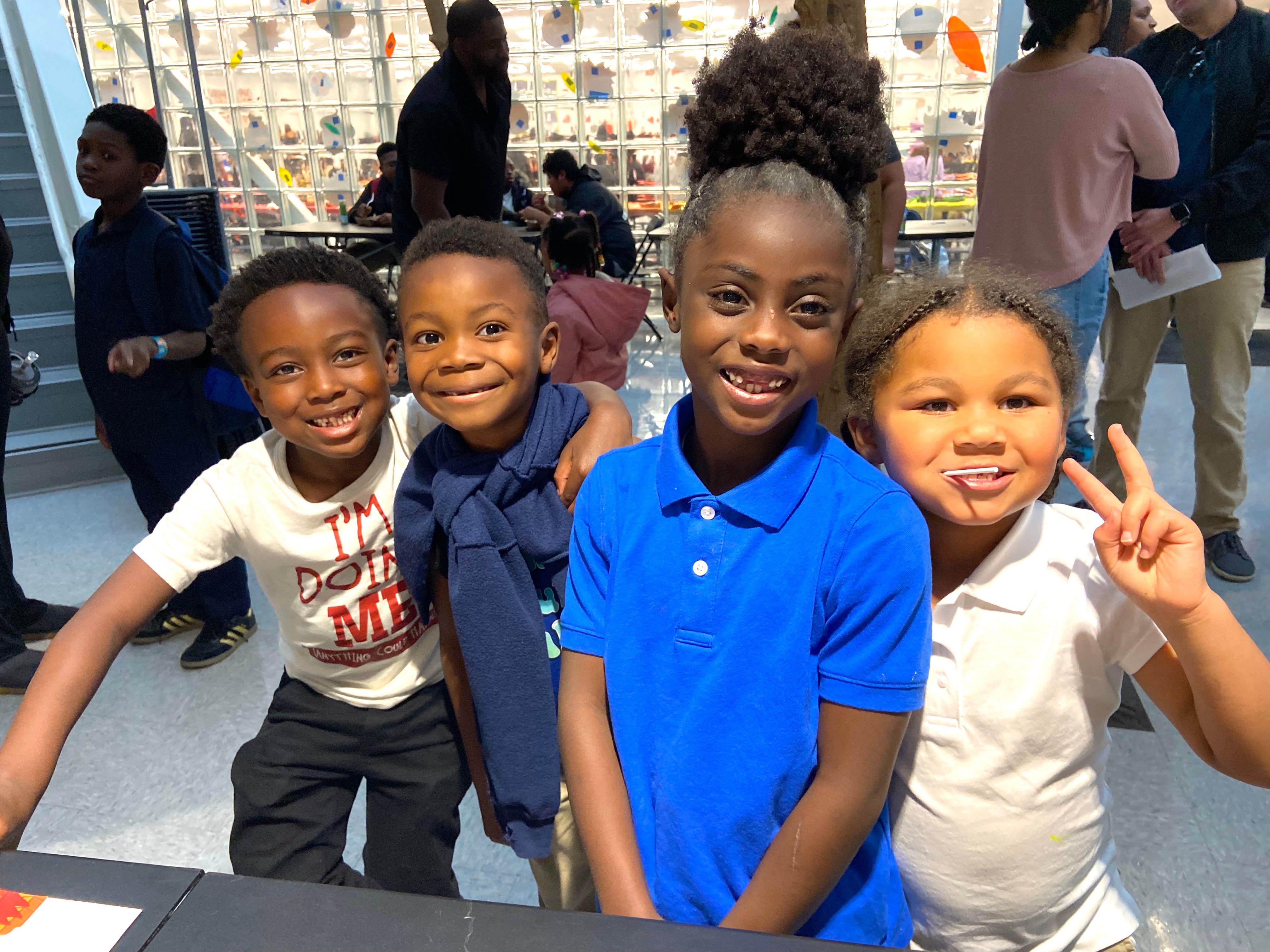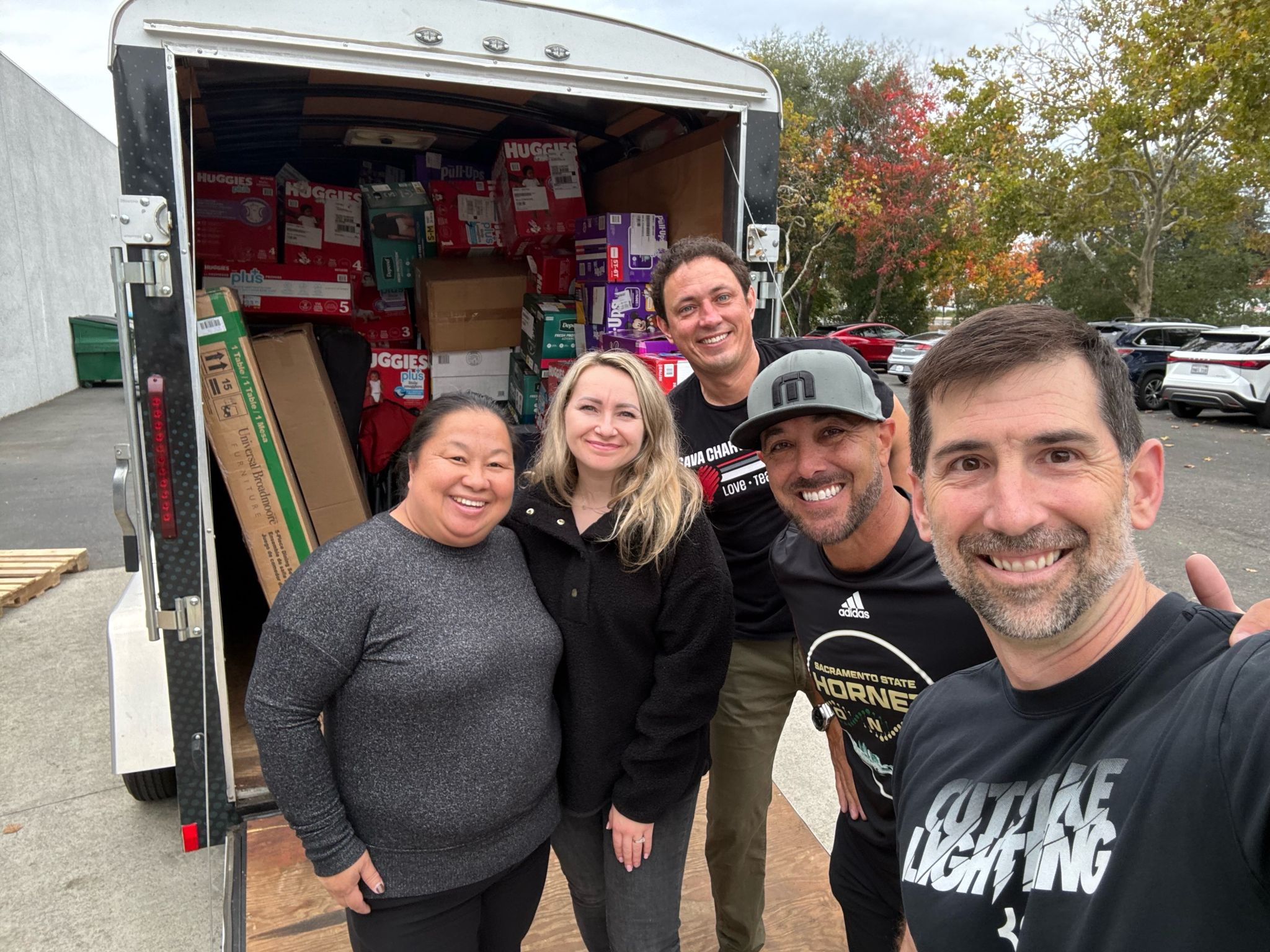Despite the highs and lows brought on by the pandemic, Mueller Charter School—with three schools serving students from TK-12 across Chula Vista—has persevered by forging strong partnerships between families and their local communities.
“From the initial shutdown through returning to on campus full-time, we knew we needed to support our families as their issues also evolved,” said Mueller Charter School Executive Director Dr. Maureen DeLuca. “We surveyed our parents and kept in constant contact so we knew what services would be most beneficial to them.”
Having successful programs and partnerships pre-pandemic at each campus, Mueller was able to effectively expand and enhance existing services to effectively meet the new needs of its school community – including virtual home visits and field trips, before and after school programs, counseling, and suicide prevention.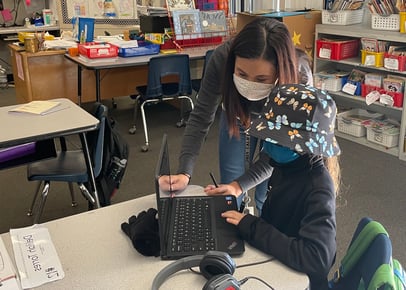
These strategies – combined with Mueller’s overall focus on family and community partnerships – are a winning combination, according to CCSA’s recent report Are the Kids OK? How Charters Support Social Emotional Wellbeing Schoolwide.
In the study, CCSA researcher Jennie Kress found that when students receive consistent support at school and in their communities, their social and emotional needs are more likely to be addressed. Mueller educators understand this well and are diligent about keeping families up-to-date and on what’s happening at school as well as promoting community involvement.
To understand what’s happening on the front lines at Mueller, here’s a breakdown of its family and community partnerships:
Mental Health Support
Mueller expanded its longtime partnership with SBCS (formerly South Bay Community Services) to provide suicide prevention programs to their middle and high school students. Counselors and mental health professionals have been visiting classes, offering age-appropriate presentations on suicide prevention and depression. In addition, they offer students information on how to access resources, seek out support, and what to do if they know of someone who is struggling with mental health issues.
“Even though we pride ourselves in having great relationships with our students and families, during this time, our partnership with SBCS provided another opportunity to reach out to students or families and get them the needed resources,” said Dr. Marisol Robledo-Dyste, Mueller’s Coordinator of Student Support Services.
Mueller teachers and staff are also redoubling their efforts to make personal connections with each student, conducting regular check-ins so they can identify those who need extra support. The school staff connect students to onsite counselors for more help or refer families to outside agencies if needed.
“Our school has had a big focus on social-emotional health,” Robledo-Dyste said. “We knew the pandemic brought in a whole new ballgame for students and families.”
Academic Support & Enrichment
Schools across the country are working to mitigate learning loss. Mueller Charter School’s innovative approach to teaching and learning ensures students are focused on academic growth.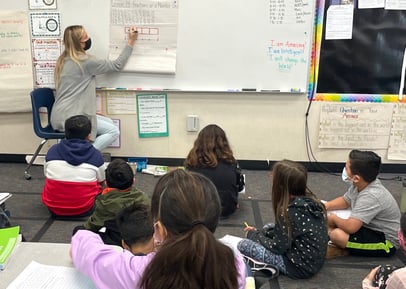
That’s because Mueller Charter (TK-6) is one of a few schools in San Diego County that has multi-age classrooms, also referred to as mixed-aged or mixed-grade classrooms, where students work and learn together across more than one grade level.
In these multi-age classes, Mueller teachers honor students’ growth and development rather than more strictly as members of a particular grade with rigid grade-level experience. Not to be confused with “combo classrooms,” the multi-age model is purposeful and students stay with same teacher for two years.
“There’s a lot of academic benefits because students are with the same teacher so there is continuity, which is especially important this year,” said Mueller Charter Principal Melinda Jones. “We’ve put in even more effort in placing students in classes and monitoring progress.”
Meanwhile, at Bayfront Charter High School – Mueller’s high school campus – classes begin at 8:30am because scientific research finds later start times increase student attendance, improve academic performance, and most importantly, keep students healthier.
However, due to family scheduling and circumstances, some students still arrive early on campus. Other students remain on campus after the school day. In response, the charter public high school expanded its before- and after-school programs, thanks to a partnership with ARC Experience, which offers quality enrichment programs for underserved youth.
“To have these enrichment opportunities available to our students is a wonderful resource, especially as our students continue to readjust to being on campus full-time,” said Bayfront High School Principal Dr. Ryan Santos. “It’s so important for us to support and engage our students outside of academics and our participation rate has been very high at the high school level.”
Field Trips – With or Without a Bus
Mueller has been partnering with ArtsBusXpress (ABX) to ensure teachers and students are exposed to new ideas, people, and places outside of campus. The nonprofit organization is based in San Diego and helps sponsor, fund, or subsidize educational in-person and virtual field trips for schools.
During the shutdown, Mueller utilized grant funding so that each teacher could take his/her students on a virtual field trip. In all, Mueller teachers and students participated in 70 virtual experiences – from getting up-close looks at wild animals at the San Diego Zoo to testing chemical reactions with scientists at the Fleet Science Center.
“It was like having a field trip concierge, and today we can offer both virtual and in-person options,” said DeLuca.
Virtual Home Visits
Every year, teachers and staff reach out to families and conduct home visits. However, educators had to think creatively this school year due to ongoing COVI-19 concerns and public health precautions.
Instead of going door-to-door, Mueller educators encouraged students and families to log-on to computers so home visits could be done virtually. Teachers and staff worked hard to bridge any kind of digital divide so these virtual home visits were engaging and productive – identifying the needs of each student and family in the process.
If you’d like to learn more about Mueller Charter School, visit its website here.
Ana Tintocalis, CCSA Senior Director of Media Relations and Editorial Content Strategy contributed to this story.
